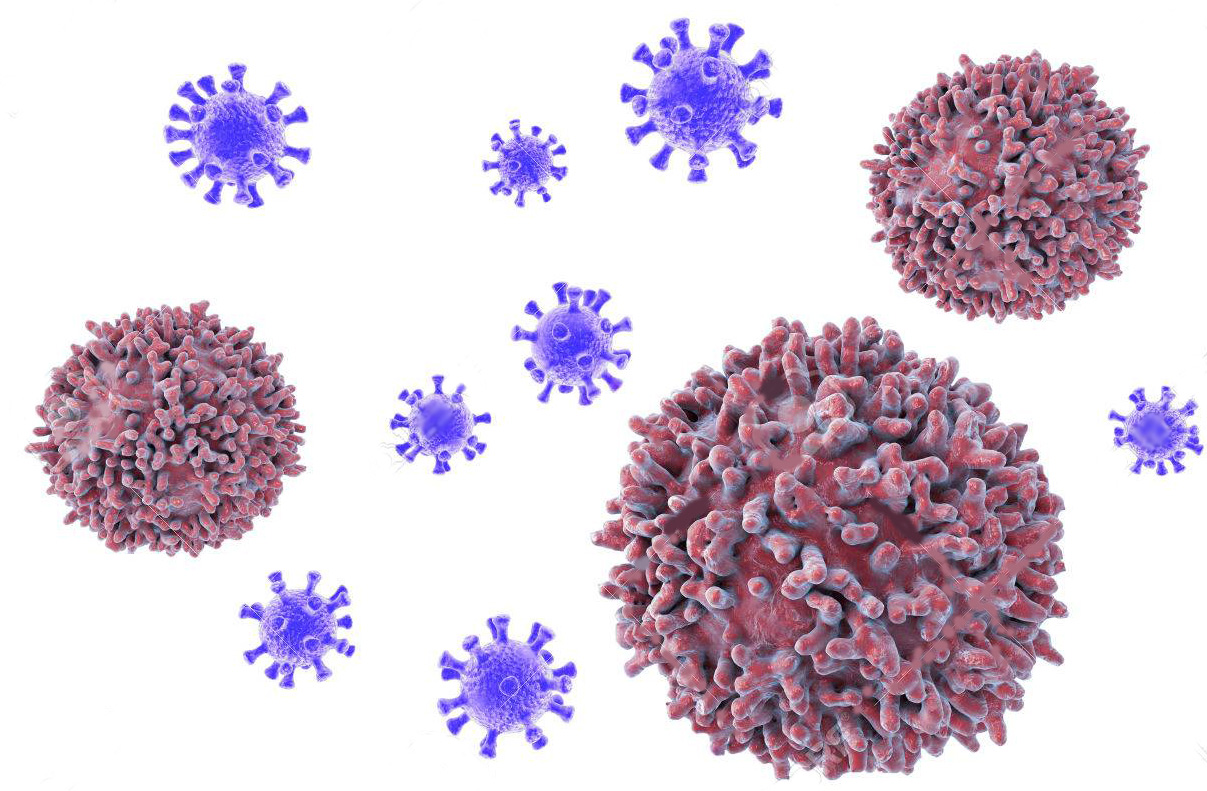BREAKING NEWS! Study Of COVID-19 Recovered Patients In China Reveals That Lymphocytes Are Drastically Altered To Become Dysfunctional With Immunity Implications
Source: COVID-19 Recovered Patients Jul 02, 2020 5 years, 7 months, 4 days, 5 hours, 19 minutes ago
COVID-19 Recovered Patients: A collaborative study in China involving leading universities and hospitals headed by Wuhan Institute Of Virology has discovered that recovered patients who even after 2 to 11 weeks of being discharged from hospitals, displayed a remarkable phenotypic alterations in lymphocytes after clinical recovery. This suggests SARS-CoV-2 infection imprints profoundly on lymphocytes and results in long-lasting potential dysfunctions. This has serious implications on their immunity system and the ability to ward off reinfections and also the severity of the next round when infected again.

The study findings were published on a preprint server and the study is currently being reviewed.
https://www.medrxiv.org/content/10.1101/2020.07.01.20144030v1
Lymphopenia is a typical symptom in COVID-19 patients. While millions of patients are clinically recovered, little is known about the immune status of lymphocytes in these individuals.
In the study the researchers studied a clinically recovered cohort (CR) of 55 COVID-19 individuals (discharged from hospital 4 to 5 11 weeks), and 55 age and sex matched healthy donors cohort (HD) were recruited.
Detailed analysis on phenotype of the lymphocytes in peripheral blood mononuclear cells (PBMCs) was performed by flow cytometry.
Findings compared with cohort HD, the CD8+ T cells in cohort CR had higher Teff and Tem, but lower Tc1 (IFN-γ + ), Tc2 (IL-4 + ) and Tc17 (IL-17A+ ) frequencies. The CD4+ T cells of CR had decreased frequency, especially on the Tcm subset.
Moreover, CD4+ T cells of CR expressed lower PD-1 and had lower frequencies of Th1 (IFN-γ + ), Th2 (IL-4 + ), Th17 (IL-17A+ ) as well as circulating Tfh (CXCR5+ PD-1 + ).
Accordingly, isotype-switched memory B cell (IgM-CD20hi ) in CR had significantly lower proportion in B cells, though level of activation marker CD71 elevated. For CD3-HLA-DRlo lymphocytes of CR, besides levels of IFN-γ, Granzyme B and T-bet were lower, the correlation between T-bet and IFN-γ became irrelevant. In addition, taken into account of discharged days, all the lowered function associated phenotypes showed no recovery tendency within whole observation period. Interpretation The CR COVID-19 individuals still showed remarkable phenotypic alterations in lymphocytes after clinical recovery 4 to 11 weeks.
This suggests SARS-CoV-2 infection imprints profoundly on lymphocytes and results in long-lasting potential dysfunctions.
In summary, the researchers provided a cross sectional profile of lymphocyte responses of a clinically recovered COVID-19 cohort and found long-term significant phenotype alterations and potential dysfunctions of lymphocytes in the cohort clinically recovered from laboratory-confirmed COVID-19.
They do not know how long the phenotype alterations and potential dysfunctions of lymphocytes will last. As reported, CD4+ T cells and CD8+ T cells and NK cells are all critical for the control of intracellular pathogen infections and tumors and could coordinate with each other. CD4+ T cells, especially the Tfh, and B cells are also critical for
the processes that lead to long-term humoral immunity.
The broad and long-term dysfunction of these lymphocytes subsets might profoundly impair the immune surveillance and protection executed by lymphocytes in the COVID-19 clinical recovered individuals, though broad and strong SARS-CoV-2 specific memory CD4+ T cells and CD8+ T cells could be detected in COVID-19 patients.
A recent study on the SARS-CoV-2-specific humoral and cellular immunity in COVID-19 convalescent individuals highlighted that anti-viral T cells may not be maintained at high numbers in the PBMCs in the recovered patients. This alerts to more concerns on the prognosis of COVID-19 patients.
Considering that SARS-CoV-2 specific antibody response also sharply waned, it is hard to speculate whether the SARS-CoV-2 clinical recovered population could resist re-infection for a long period. If the dysfunction of lymphocytes sustained long time, this population might be even more susceptible to SARS-CoV-2 infection or other viral infections. Hence, more comprehensive profile studies on the relationship of immune responses and SARS-CoV-2 infection longitudinally and cross-sectionally in different cohorts are urgently needed.
For more studies on
COVID-19 Recovered Patients and long-term health implications, keep on logging to Thailand Medical News.
